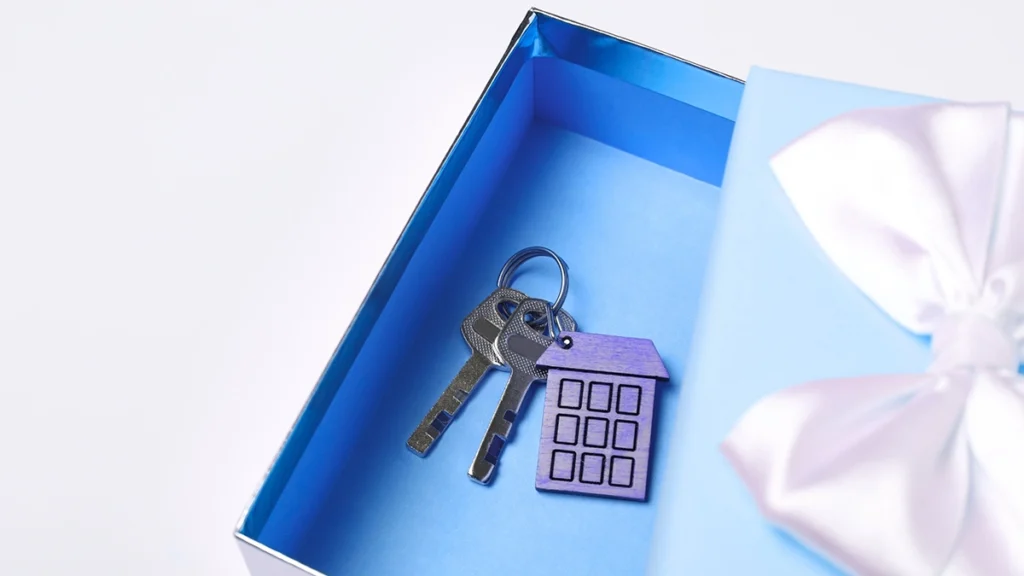Every family wants peace of mind knowing their home will stay protected and pass easily to the people they love most. But when it comes to estate planning, many quickly feel lost in the maze of paperwork, court fees, and legal uncertainty. It is not just about signing documents; it is about making sure your home remains a source of comfort, not conflict, when life changes.
For homeowners looking for a simple, affordable way to keep control today while ensuring a smooth transfer tomorrow, the Lady Bird Deed has become a trusted solution.
It helps families save time, reduce stress, and protect what matters most, their home and the people who fill it with memories.
Understanding The Lady Bird Deed
A Lady Bird Deed is a special type of property transfer that allows a homeowner to keep control while naming who will receive the property after their death. Unlike traditional life estate deeds, it lets the owner sell, refinance, or make changes to the property without needing permission from future beneficiaries. When the homeowner passes away, ownership transfers automatically to the named person without going through probate.
Since probate often takes months and costs thousands of dollars, families use this approach to simplify the process and protect their home from delays and expenses.
Why Families Turn To Lady Bird Deeds
Avoiding Probate
Probate is one of the most time-consuming and stressful parts of settling an estate. It involves court filings, legal fees, and waiting periods that can last for months. With a Lady Bird Deed, families avoid that process entirely. Once the homeowner passes, the beneficiary simply files the death certificate with the county clerk, and the property is transferred directly, often within days.
Keeping Control During Life
Homeowners often want to stay independent while planning for the future. The Lady Bird Deed makes that possible. For example, Maria, a 72-year-old widow in Florida, wanted her daughter to inherit the family home but did not want to lose the option to sell or refinance. With a Lady Bird Deed, she kept complete freedom over her property while giving her daughter a smooth, guaranteed inheritance.
Saving Legal Costs
Traditional wills require probate, and trusts can be expensive to draft and maintain. A Lady Bird Deed offers a simpler, low-cost alternative that achieves the same probate avoidance goal. Families looking for practical and affordable estate planning often find this option fits perfectly.
How A Lady Bird Deed Fits With Other Estate Planning Tools
A Lady Bird Deed applies only to real estate, such as a home or land. It does not cover financial accounts, vehicles, or personal belongings. For that reason, many families use it alongside a will or trust. If a conflict arises between the deed and a will, the deed takes priority for that property. This ensures the homeowner’s wishes are honored exactly as stated.
Lady Bird Deeds also complement Medicaid planning in some states by protecting the home from estate recovery after death, preserving the family’s most valuable asset.
Where Lady Bird Deeds Are Recognized
Currently, Lady Bird Deeds are available in six states: Florida, Texas, Michigan, West Virginia, Vermont, and North Carolina. Homeowners in these states can use this method to avoid probate. Those living elsewhere may explore similar options, such as a revocable living trust, to achieve the same peace of mind.
The Process Of Creating A Lady Bird Deed
Drafting The Deed
The deed must clearly outline the homeowner’s retained rights, name the future beneficiaries, and comply with state-specific legal requirements. A well-prepared document ensures it will be valid and enforceable when the time comes.
Recording With The County
Once drafted, the deed is signed, notarized, and filed with the county recorder’s office. Recording it makes the transfer official and public. Later, the beneficiary only needs to provide a death certificate for the property to transfer without court involvement.
Practical Benefits For Families
Speed Of Transfer
Probate can take months, but a Lady Bird Deed can complete the transfer within days or weeks. When Robert, a 68-year-old homeowner in Texas, passed away, his son simply filed the death certificate, and ownership transferred almost immediately. That allowed the family to focus on healing instead of managing paperwork.
Reducing Conflict
Because a Lady Bird Deed outlines exactly who inherits, it reduces family disputes. With the transfer happening automatically, there is little room for confusion or disagreement.
Flexibility For Homeowners
One of the biggest advantages is flexibility. Homeowners can revoke or update the deed, add or remove beneficiaries, or sell the property entirely. This freedom offers peace of mind to those who want to keep options open while planning responsibly.
Limitations To Consider
Although Lady Bird Deeds offer many benefits, they are not the right fit for every situation. They apply only to real property and are recognized in limited states. Families with multiple properties or complex estates may still benefit from adding a trust or broader estate plan for full coverage and fairness among heirs.
Lady Bird Deeds In Estate Planning
A Lady Bird Deed is one piece of a complete estate plan. When combined with other tools such as wills, trusts, and powers of attorney, it provides a powerful foundation. The deed ensures the home passes easily, while the other documents protect additional assets and responsibilities. Together, they create a plan that balances simplicity, security, and peace of mind.
Key Takeaways
- Lady Bird Deeds allow homeowners to keep control of their property during life while transferring it directly to loved ones without probate.
- The deed takes priority over a will for the property it covers, ensuring clarity and certainty.
- They are recognized only in Florida, Texas, Michigan, West Virginia, Vermont, and North Carolina.
- Families benefit from saving time, reducing costs, and avoiding stress during transitions.



